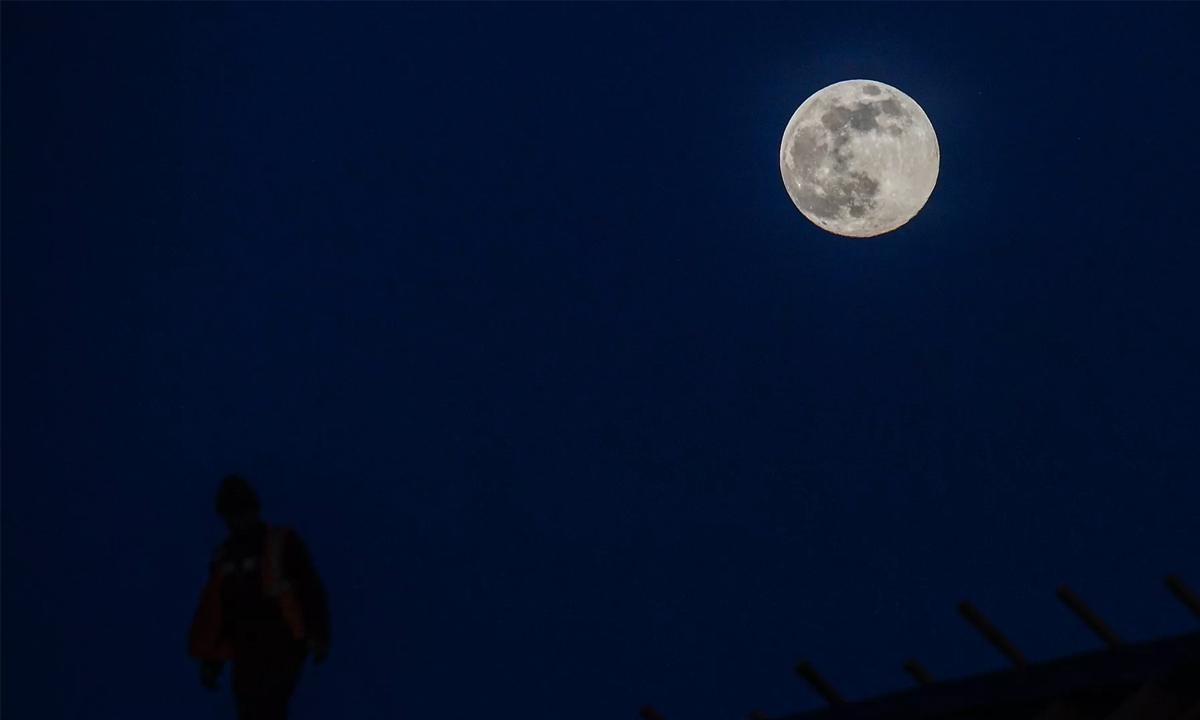
Photo: Sputnik
Russia's first moon mission in 47 years was declared a failure on Sunday as its "Luna-25" space craft crashed into the moon due to a loss of control. It was originally scheduled for a soft landing on Monday. The Russian State Space Corporation Roscosmos Corporation said in a statement that "the apparatus moved into an unpredictable orbit and ceased to exist as a result of a collision with the surface of the Moon."
On the same day, the Indian Space Research Organisation announced that it had successfully shortened the orbit of its "Chandrayaan-3" mission's landing module, bringing it closer to the moon, with an expected landing on the lunar surface on the evening of August 23.
Russia carried out this lunar exploration plan amid its conflict with Ukraine and confrontation with NATO, attempting to demonstrate the normal operation and expanding capabilities of its national technology. It also hoped to show its competitive stance against the US, China, and India's lunar programs. However, this failure is expected to deal a blow to Russia's ambitions.
The Soviet Union achieved brilliant achievements that led the human space industry, with Moscow shaping the first artificial satellite, the first astronaut, and the first space station. However, the dissolution of the Soviet Union significantly narrowed the resources available to Russia's space industry. Comprehensive sanctions and wars from the West further weakened Russia, leaving its space capabilities in a state of maintenance.
Economic and technological strength are the foundations of a great power's comprehensive national power. Russia inherited powerful defense strength from the Soviet Union, especially a super-nuclear arsenal comparable to that of the US. However, its economy is not big enough, ranking eighth in the world in GDP in 2022, outside the top 10 in the previous seven years. Weak economic power will inevitably lead to the loss of scientific and technological personnel.
Many people believe that Russia's nuclear power is strong enough to confront the US with a tough attitude. However, in fact, Russia has suffered a lot from the US. In the current Ukraine war, the US and the West have provided comprehensive military assistance to Ukraine and imposed hysterical sanctions on Russia. Moscow has no power to stop the US and the West from acting recklessly. Although it has prevented the US and NATO from directly sending troops to Ukraine, that's all.
We must continuously strengthen our own economy, develop independent and advanced technological capabilities, and have a strong defense capability. This capacity must be built on the basis of abundant economic and technological resources. These are the experiences and lessons we should learn from Russia's difficult journey in recent years.
A great power cannot have absolute weaknesses. China, as a major power that has been defined by the US as its No.1 rival, cannot have significant weaknesses that are inconsistent with its national goals. We must urgently address our shortcomings while maintaining a strategic and stable approach to great power competition. We must always strengthen our own power and use it to shape our overall initiative.
Finally, I would also like to say that the West should not underestimate Russia just because its lunar program has failed. There is a saying that Russia is never as strong or weak as you think. Russia has strong resilience and should not be underestimated. If they lose their due respect for Russia's national interests and national pride, they may ultimately pay an unexpectedly heavy price.
The author is a Chinese media professional. opinion@globaltimes.com.cn




